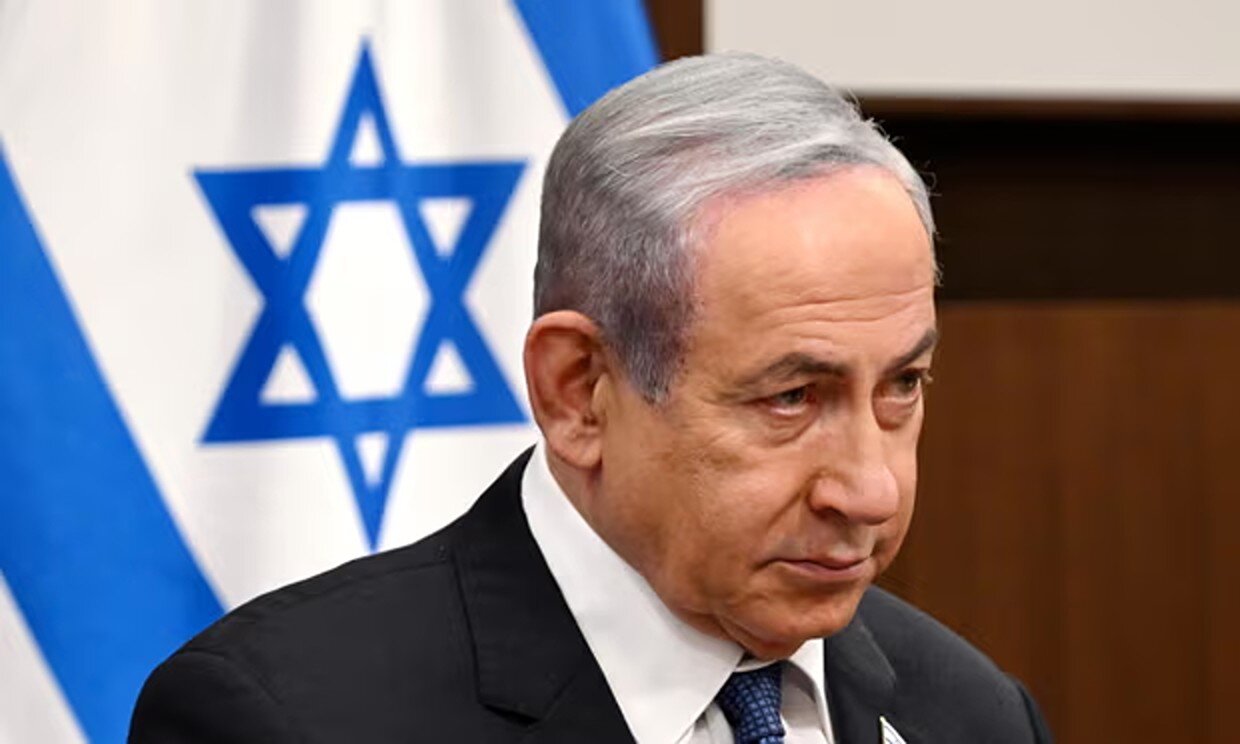Uganda will host the second East African Kiswahili Language Day on July 6-7, 2023. The event will be held in Kampala under the theme “Kiswahili and Multilingualism: Achieving more together.”
Uganda’s First Deputy Prime Minister and Minister for East African Community Affairs, Rebecca Kadaga has urged legislators to embrace and participate in the second East African Kiswahili language day.
“This year’s theme demonstrates that as Kiswahili grows and spreads across the world, it will continue encountering other languages which stand to achieve more together than they can gain alone,” Kadaga said.
She was presenting a brief to Parliament on Tuesday, 04 July 2023 on Uganda hosting the second world Kiswahili language in the East African Community.
The event is being organized by the East African Community (EAC) and the Government of Uganda. It will bring together policymakers, academics, and language experts from across the region to discuss the role of Kiswahili in promoting regional integration and sustainable development.
Kiswahili is the second official language of Uganda and is widely spoken in the East African Community. It is also one of the most widely spoken languages in Africa, with over 100 million speakers.
The theme of the event reflects the growing importance of Kiswahili as a regional and international language. Kiswahili is increasingly being used in business, education, and culture. It is also becoming a more popular language for learning, as people from all over the world are recognizing its value as a lingua franca.
The second East African Kiswahili Language Day is an important opportunity to promote the use of Kiswahili in Uganda and the East African Community. It is also an opportunity to discuss the role of Kiswahili in facilitating trade and regional integration.
The event will feature a variety of activities, including panel discussions, workshops, and cultural performances. There will also be a Kiswahili language competition for students.
The second East African Kiswahili Language Day is a valuable opportunity to celebrate the diversity of the East African region and to promote the use of Kiswahili as a language of unity and cooperation.




















Discussion about this post